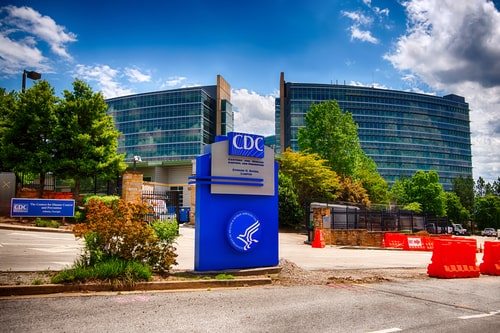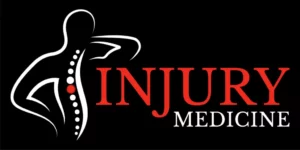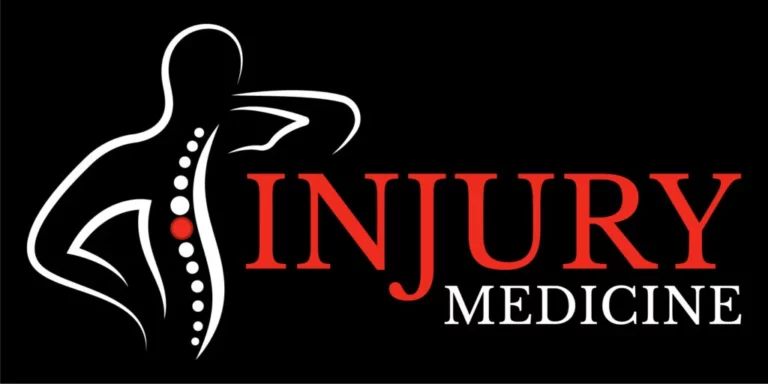If you or someone you know has suffered from a head injury such as a brain injury, stroke, concussion, aneurysm, or lack of oxygen, know that you are not alone. More than 600,000 individuals, including men, women, and children, currently face some form of traumatic brain injury resulting from external forces such as car accidents, sports injuries, and falls. At Injury Medicine in Easley, SC, we offer a broad range of treatments for head injuries and have a team of healthcare providers who are dedicated to providing you with personalized care. Contact us at 864-866-PAIN to schedule an appointment and receive the best treatment plan tailored to your needs.
Types of Head Injuries
A head injury can result in disabilities or fatalities in adults. They can range from a minor cut to severe damage to the brain. Head trauma is often referred to as brain injury or traumatic brain injury (TBI), depending on the extent of the injury. Some common types of head injuries include:
Headaches: characterized by pain in the head or forehead, which can be constant or throbbing. Treatment typically involves medication and stress management techniques.
Skull Fractures: a break in the skull bone, which can occur in four different types: linear, basilar, depressed, and diastatic.
Traumatic Brain Injuries (TBI): caused by a sudden, external physical impact that damages the brain. TBIs are a significant cause of death and disability in the United States.
What Is a Traumatic Brain Injury?
A traumatic brain injury (TBI) is caused by a sudden external physical force that damages the brain. TBI is an umbrella term that encompasses a variety of injuries to the brain, which can occur in a focal (one area) or diffuse (multiple areas) pattern. The severity of a TBI can range from a mild concussion to a severe injury that results in a coma or death.
Facts About Traumatic Brain Injuries
- The Centers for Disease Control and Prevention (CDC) provides some important facts about traumatic brain injuries (TBI):
- TBI is a leading cause of both disability and death in the United States.
- TBIs contribute to over 30% of all injury-related deaths in the country.
- Every day, more than 153 people in the U.S. die as a result of injuries that include TBIs.
- The effects of a TBI can last for several days or even a lifetime, depending on the severity of the injury.
- The effects of TBI can include impaired thinking, memory problems, depression, personality changes, and other symptoms.
Common Causes of TBIs
- Sports Injuries – Athletes in contact sports such as football, soccer, hockey, and boxing are at risk of experiencing a TBI. Even non-contact sports like gymnastics, skateboarding, and biking can lead to head injuries.
- Military Injuries – Military personnel are at risk of experiencing TBIs due to exposure to explosive blasts, gunshot wounds, and other combat-related injuries.
- Violence – Physical violence including assault, domestic violence, and child abuse can also result in TBIs.
- Medical Conditions – Some medical conditions such as strokes, brain tumors, and infections can cause TBIs.
- It is important to take preventative measures and safety precautions to avoid TBIs. However, if you or a loved one has experienced a TBI, seek medical attention immediately to reduce the risk of further damage and improve the chances of a successful recovery.
Treatment for Traumatic Brain Injury
It is important to note that treatment for traumatic brain injuries varies depending on the severity of the injury. While mild TBI may only require rest and monitoring of symptoms, moderate to severe TBI often requires emergency care, medications, surgery, and rehabilitation.
Emergency care is crucial for moderate to severe TBIs to ensure that the patient has enough oxygen and blood supply. Hospitalization is often necessary to minimize additional damage to the brain due to inflammation, bleeding, or reduced oxygen supply.
Medications such as anti-seizure medications, diuretics, and coma-inducing medications are often given to patients with moderate to severe TBIs to prevent additional brain damage.
Surgery may be necessary to remove hematomas, repair skull fractures, stop bleeding in the brain, and relieve pressure on the skull by draining accumulated cerebrospinal fluid.
Rehabilitation is also crucial for patients with moderate to severe TBIs. Rehabilitation helps patients relearn basic skills such as talking and walking and improve their abilities to perform daily activities.
Symptoms of a TBI
The following are common signs of a traumatic brain injury:
- Headaches
- Nausea
- Vomiting
- Drowsiness
- Fatigue
- Sensory issues
- Sensitivity to light and sound
- Mood swings
- Sleep issues
- Depression and anxiety
Diagnosing Your Head Injury
To diagnose a head injury, a combination of physical examinations and diagnostic tests is usually required. A healthcare provider or doctor will obtain a complete medical history of the patient and their family and ask how the injury occurred during the examination. Referral to a neurologist may be necessary in some cases.
Get the Best Treatment for a Head Injury in Easley, SC!
If you or someone you know has suffered from a head injury, stroke, aneurysm, concussion, or any other type of brain injury, it’s crucial to seek medical attention as soon as possible. The team at Injury Medicine in Easley, SC offers a variety of treatments for a head injury and will provide you with a customized treatment plan to fit your individual needs. Contact us today at 864-866-PAIN to schedule an appointment with our expert healthcare providers.




